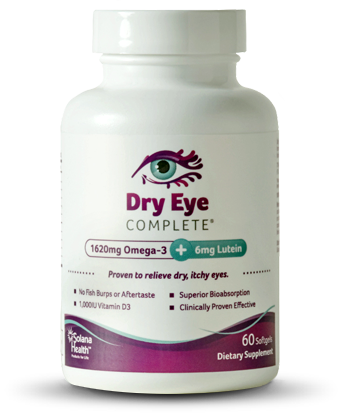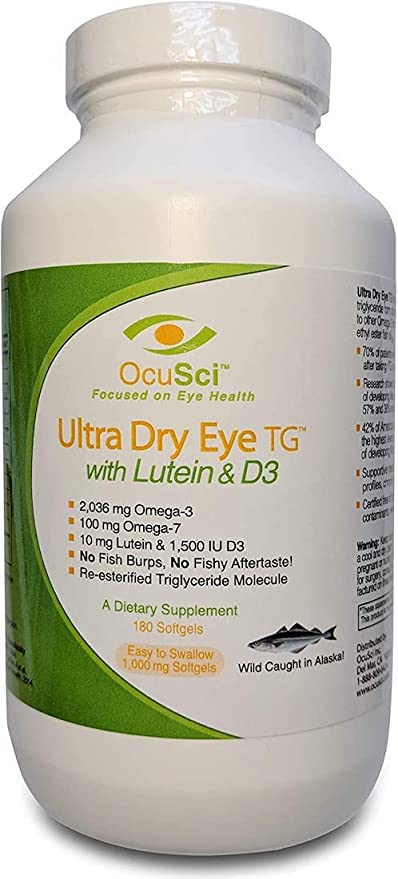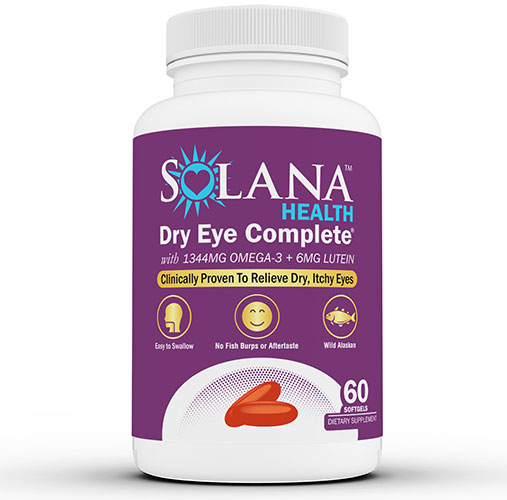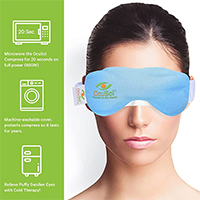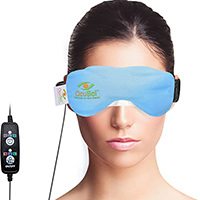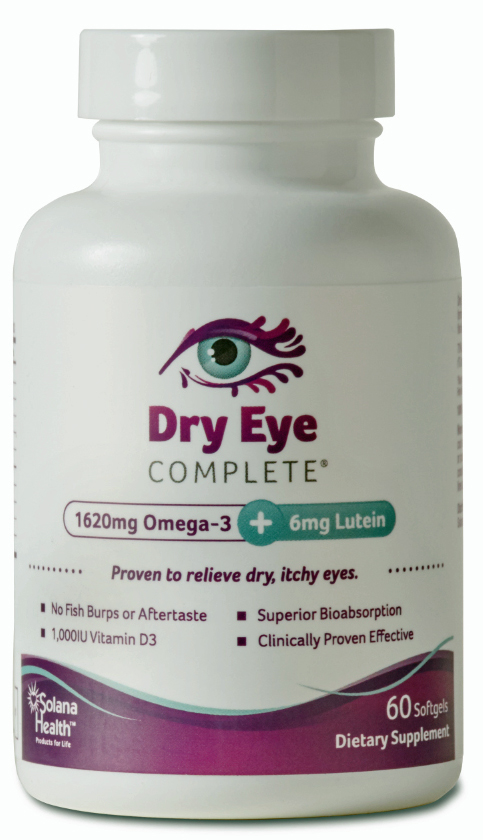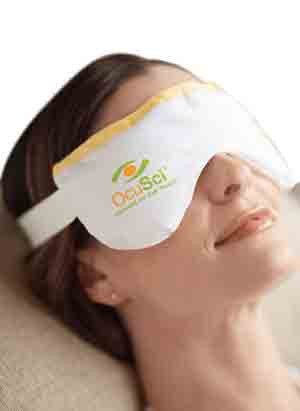Homeopathy is becoming an increasingly popular form of medicine. Unfortunately, it is also poorly researched and some are ineffective. With the advent of the internet, it is all too easy for people to release books with claims that glaucoma can be cured using nothing but an eyewash. For those who read these books and are desperate for some relief, they would tend to believe them or at least want to give it a try.
Nevertheless, not all complementary and alternative medicine (CAM) practices are bad. A lot of people have really found some to be effective. For instance, in 1990, a study showed that 34% of people in this country use CAM in some way or another. Additionally, the industry itself was worth $13.7 billion at that time. The study was followed up in 1997, and this showed that 42% of people used CAM, visiting alternative practitioners 629 million times, and spending $2 billion. This means that, in 1997, people visited alternative practitioners more often than regular physicians. It also showed that the majority of people who visit alternative practitioners are white, affluent, well-educated women.
What Is Homeopathy?
Homeopathy is a term coined some 200 years ago by Samuel Hahnemannsome, who inspired Louis Pasteur to develop the germ therapy. In Hahnemannsome’s days, medicine focused on heavy metals, high dose cathartics, and bloodletting, something that disturbed doctors as patients often deteriorated rather than being healed. In response, he developed homeopathy as an alternative form of medicine.
The basis of homeopathy is that using an infinitesimally small amount of poison will fight the effects of that same poison if administered in high amounts. It is important to understand, however, that scientists have disputed this theory. However, homeopaths believe that small amounts of poison trigger the body’s immune system to produce agents to fight that poison, thereby protecting people overall.
Some evidence does demonstrate that there is validity in the Law of Infinitesimals, which is the premise of homeopathy. Four specific review studies were published by Dr. Wayne Jonas, M.D., three of which showed that homeopathic remedies were indeed better than placebos. The conclusion of the report is that people should be open minded about the therapy, but that they should never see it as a replacement for medical science.
In 1939, homeopathic remedies were legally accepted in this country. Currently, the U.S. Food and Drug Administration does not required these products to prove their efficacy. As a result, there are some significant marketing loopholes.
What Is Similasan?
Similasan is a type of homeopathic eyedrop, probably the best known in the world. It is manufactured by Swiss company Similasan AG. They have developed formulations for four conditions:
- Dry and red eyes
- Allergy eyes
- Computer eyes
- Pink eye
Similasan #2 (allergy eyes) was tested on 47 individuals to see whether the product was more effective than placebo drops. The study demonstrated that the drops worked as well as the placebo (a simple saline product). Hence, it is not believed to be effective.
Similasan AG sponsored a different study into Similasan #1 (for dry eyes). This found that 57% of people who used it saw a substantial improvement in their symptoms. Some, in fact, were completely free of dry eyes.
Why Do Patients Choose Homeopathy?
Most people like to use products that are natural, and usually harmless. While homeopathy has been part of mainstream society for some time now, there seems to be a particular drive towards trusting these types of solutions for ophthalmic conditions. There are claims that homeopathy can cure or treat a range of ophthalmic conditions, including allergic conjunctivitis, and cataracts. None of these have been clinically proven, but it is known that none of them cause any harm. However, the question is whether they can actually do any good. There are several reasons, people continue to trust in these types of remedies. These include:
- Cultural convenience
- Lower toxicity
- No other availability of therapeutic remedies
- Belief that it is more effective
- Having greater trust in the relationship between a patient and alternative practitioner, because it is often less authoritarian
- Belief in holistic medicine, such as Siddha, Unani, Yoga, and Ayurveda, which is something seen frequently in countries, such as India
- Distrust of Big Pharma companies
- Desire to avoid the significant side effects often encountered with pharmaceutical drugs
- Desire to return to being one with nature
Should You Use Similasan Eye Drops?
There are four types of Similasan eye drops, as previously stated. However, only two of them have been involved in any form of clinical tests. Furthermore, both clinical tests were highly limited as they only involved a small group of people. One test showed no difference between the effects of the drops and the placebo. The other test showed a tremendous benefit from using the drops, but this study was sponsored by the manufacturer itself, which suggests possible bias.
There are many people who swear by Similasan and who have said that they have found immense relief in all four of their products. Unfortunately, it is not clear whether or not this is true and, if it is true, whether it is the placebo effect or whether the product actually is effective. What is known is that nobody has come to any harm from using the Similasan eye drops. As such, using it is not something that is unadvisable per se. Nevertheless, you should always consult with a physician and explain your intention to use the homeopathic remedy. This is particularly advisable because there may be interactions between the eye drops and any other medication you are currently taking, as well as possibly influencing underlying health conditions. Additionally, if you do decide to use the eye drops and you do not notice any improvement, consider discontinuing its use at that time.
Resources and References:
Similasan Research Report – Clinical Study: Similasan Eye Drops #1 (HealthyRelief.com)
Review of Ophthalmology – What’s Driving Patients Toward Homeopathy? (ReviewofOphthalmology.com)

